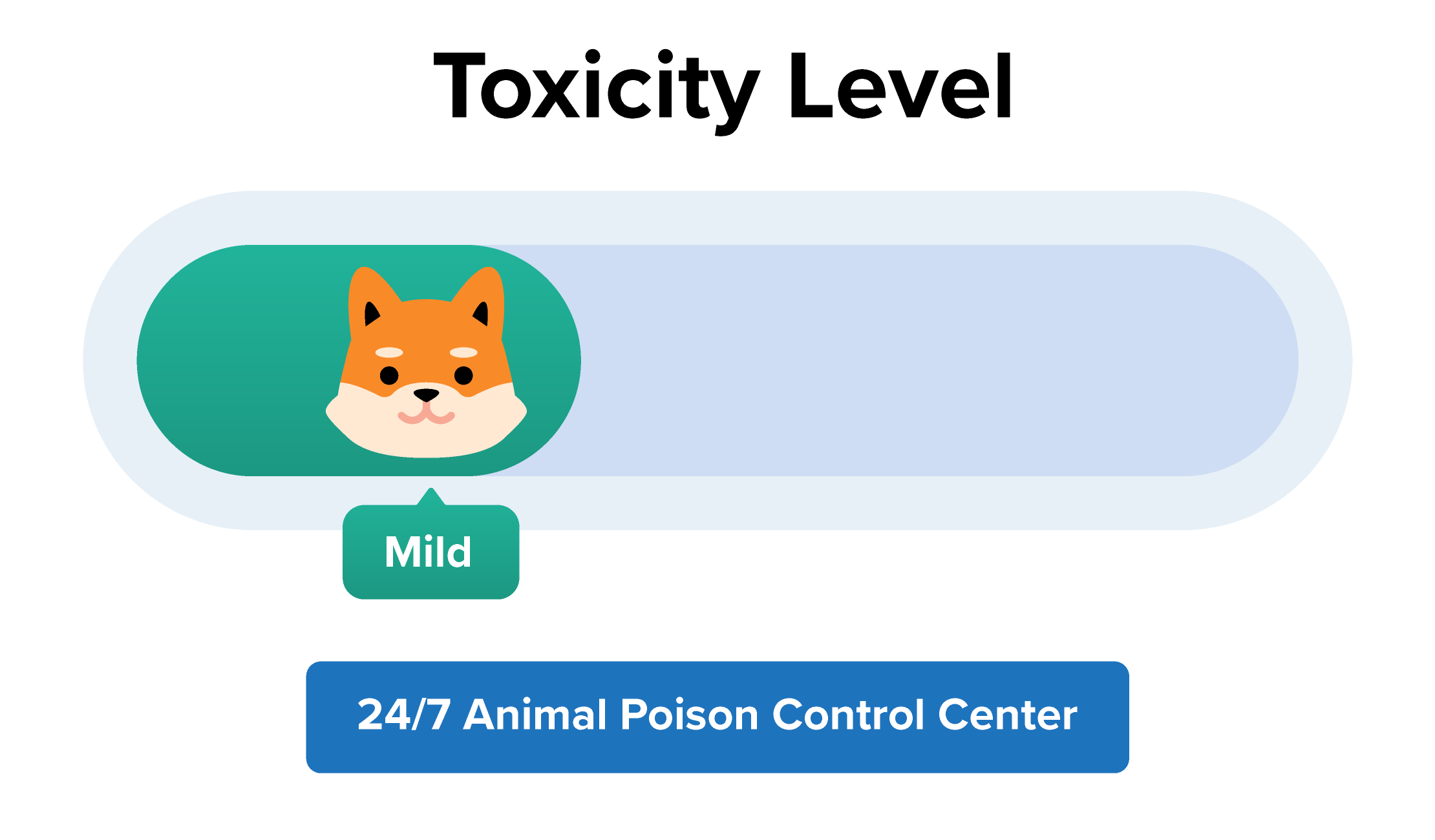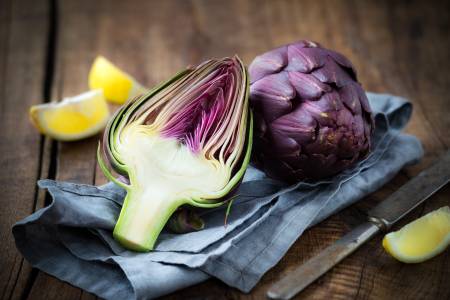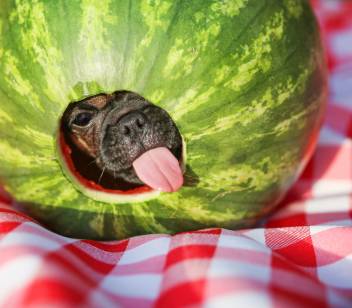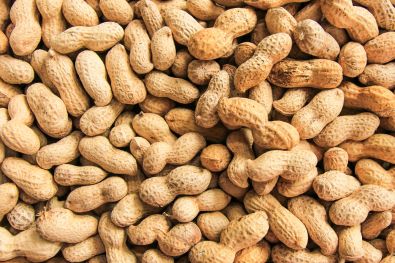Connect with a verified veterinarian in minutes. Licensed vets are available 24/7 to answer your questions. No need to worry about your furry family member.
Do you enjoy artichokes? If so, you’re not alone! Many people enjoy artichokes, which means dogs may also have access to this interesting food! But what happens if a dog eats an artichoke?
Has your dog eaten an artichoke? Are you worried the artichoke will make your dog sick? If so, then you’ve come to the right place. We understand it can be scary when your dog eats something like this.
We’ve put together some information about artichokes and whether they can make a dog sick. Let’s get started!
What is an Artichoke?
You may be surprised to learn that artichokes are immature thistle flower buds! We were completely surprised to learn this while researching this article! The artichoke is a member of the aster family, and the buds are harvested before they bloom.
Artichokes are challenging to prepare—it’s necessary first to remove the parts that are not edible. The outer portion of the buds has thorns on the tips (though some are thornless). The base of the buds is edible, as well as the bud’s inner “leaves.” It’s under the leaves that you find the choke on top of the heart and then the stem. The heart offers the “meatiest” part of the plant, though the center part of the stem is also edible.
But what happens if a dog eats an artichoke? Can the artichoke make a dog sick?
Artichokes & Dogs
The good news is that artichokes are not toxic to dogs! Dogs can safely enjoy these veggies. However, artichokes must be properly prepared for the dog to eat. This is because the plant can cause an intestinal blockage, which can be life-threatening. The veggies could also cause choking if not prepared the right way.
Another problem is that some dogs may develop diarrhea and vomiting if they eat too many artichokes. It’s even possible (though rare) that a dog could be allergic to these yummy veggies.
If your fur baby wants to try artichokes, he can eat them raw, though cooked is best. However, it’s best to cut the veggie into small pieces that won’t become a choking hazard. Make sure the pieces are the right size for your dog to eat and swallow safely. For example, a small dog would choke on large pieces of this vegetable.
You can start by feeding your dog a small amount of artichoke the first time. Then, see how your dog reacts. If he doesn’t have an allergic reaction or gastrointestinal problems, it may be OK to serve him a slightly larger portion.
If your dog develops vomiting, diarrhea, or other concerning symptoms, stop feeding him artichoke. And if he develops an allergic reaction (hives, breathing difficulties, etc.), be sure to call the vet right away.
Thankfully, artichoke is one veggie your fur baby can safely eat! Just make sure to fix the veggie to make it easier for him to eat, and don’t him eat too much!
Connect with a verified veterinarian in minutes. Licensed vets are available 24/7 to answer your questions. No need to worry about your furry family member.

Julie
Julie is a graduate of the University of North Carolina, Wilmington, where she studied Animal science. Though contrary to the opinion of her parents she was meant to study pharmacy, but she was in love with animals especially cats. Julie currently works in an animal research institute (NGO) in California and loves spending quality time with her little cat. She has the passion for making research about animals, how they survive, their way of life among others and publishes it. Julie is also happily married with two kids.
Review symptoms, medications & behavior to keep your pets healthy with a Vet Online in just minutes.
Ask a Vet Live Now





